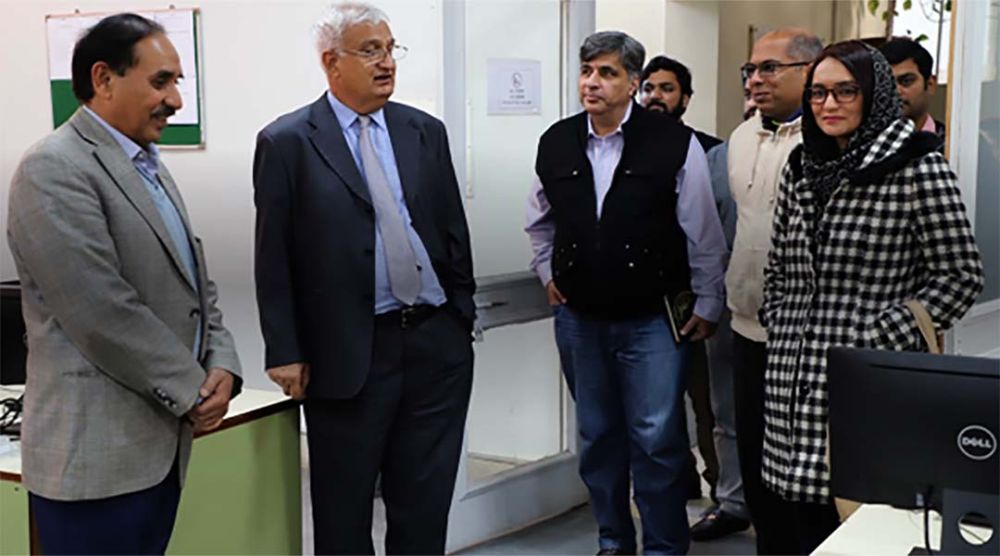202/25 Trust on the Line: Why Research Ethics Could Decide Science’s Future?
Posted 4 months ago
A study published in PNAS by Northwestern University researchers reveals that fraudulent research is now growing faster than legitimate work. Behind this surge are highly organized “paper mills” networks that produce and sell fabricated studies, manipulate data, change images, and even hijack defunct journals to add false legitimacy to their products.
From 2016 to 2020, the rate of publications from paper mills nearly doubled every 1.5 years. Efforts to detect fraud remain outpaced; retractions lag behind the flood of illicit studies, and editorial systems remain woefully behind the curve.
The consequences are more than reputational; fake science biases meta-analyses, delays breakthroughs, wastes funding, and ultimately erodes public confidence in research. One flawed study, such as a manipulated Alzheimer's paper, can derail years of work and billions in investment.
A Reckoning: Institutions Begin to Act
In May 2025, Harvard University revoked a tenured appointment, believed to be the first such action in eight decades, after finding deliberate data falsification by a prominent faculty member. This was a milestone signal that accountability may finally be catching up.
Publishers and journals, meanwhile, have begun retracting thousands of compromised papers; Wiley closed several journals and pulled over 11,300 articles after uncovering widespread fraud. That said, detection tools still need sharpening.
The Roots: Why Fraud Thrives
Publish-or-perish culture: Success in science is still measured in the number of papers published and citations earned, creating perverse incentives that reward quantity and novelty over rigor and honesty.
Opaque oversight: Many institutional review boards are reported to be underfunded, uncompensated, or conflict-ridden, and they are sometimes beholden to the very entities they’re supposed to regulate.
Technological opacity: Generative AI injects new risks, such as fabricated or hallucinated data, subtle plagiarism, and stealth corrections that surface undetected post-publication.
Fortifying the Foundations: What Must Change
- Realign Incentives
- Move away from raw publication and citation counts as success metrics.
- Reward replication studies, negative results, and data transparency.
- Strengthen Oversight Mechanisms
- Publish preregistered study plans.
- Mandate data sharing in public repositories.
- Empower safe, anonymous whistleblower systems with genuine follow-through.
- Invest in Better Detection
- Deploy tools like “Problematic Paper Screener” and “Papermill Alarm.”
- Encourage cross-industry scrutiny and share information among publishers.
Protect Accountability and Courage
Institutions must ensure investigations are supported and not retaliated against, especially for junior researchers.
Respond Ethically to AI
Develop robust guidelines and ethical frameworks for AI-generated or AI-assisted research.
Emphasize transparency in AI’s role, and guard against bias and hallucinations.
Promote Transparency
Record every amendment to the scientific record—no stealth corrections.
Highlight retractions and errors clearly, bringing accountability into public view.
The Bottom Line: Restoring Trust Before It Gets Irreversible
Institutions, publishers, and scientists must cooperate, prioritizing transparency, detection, and ethical responsibility. Only with genuine reform can we protect the future of discovery and public trust in pursuing knowledge.





